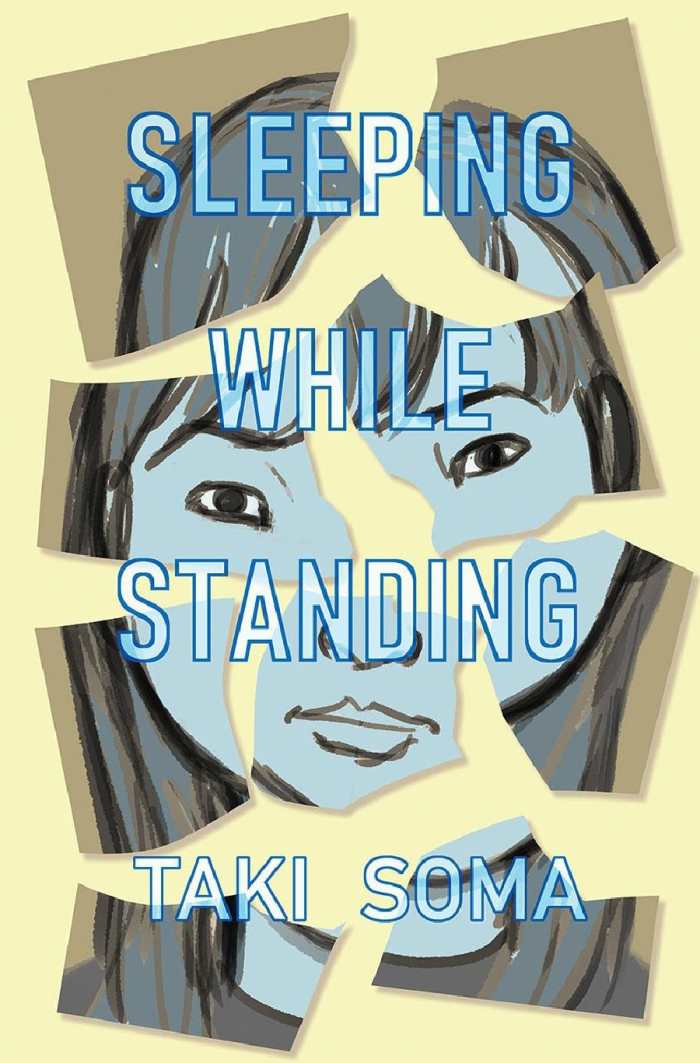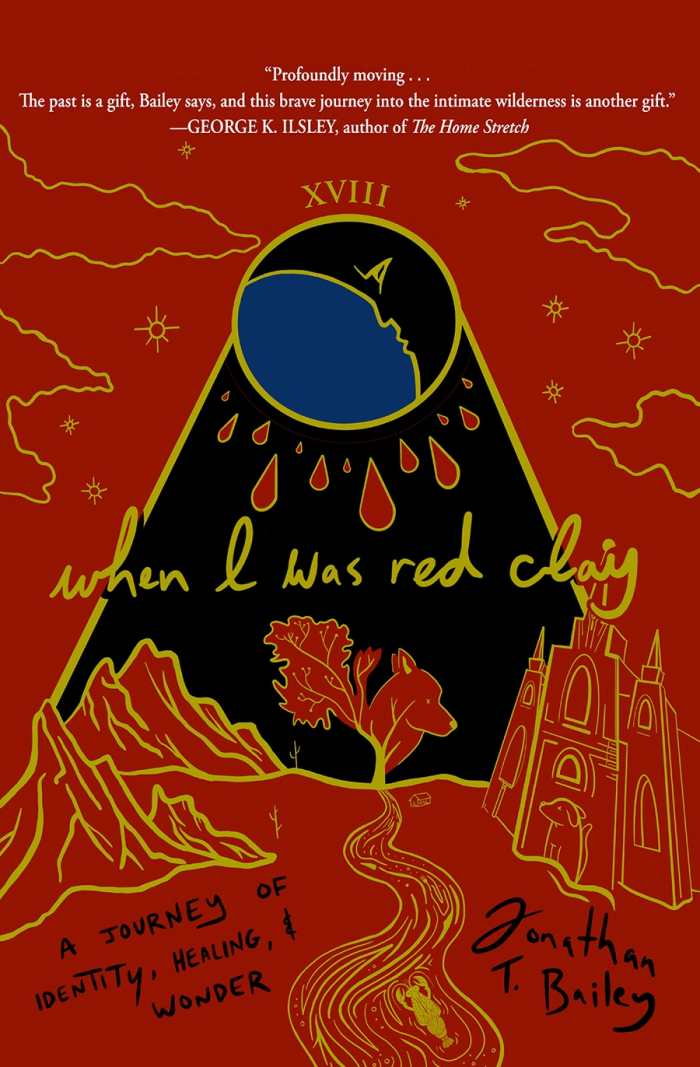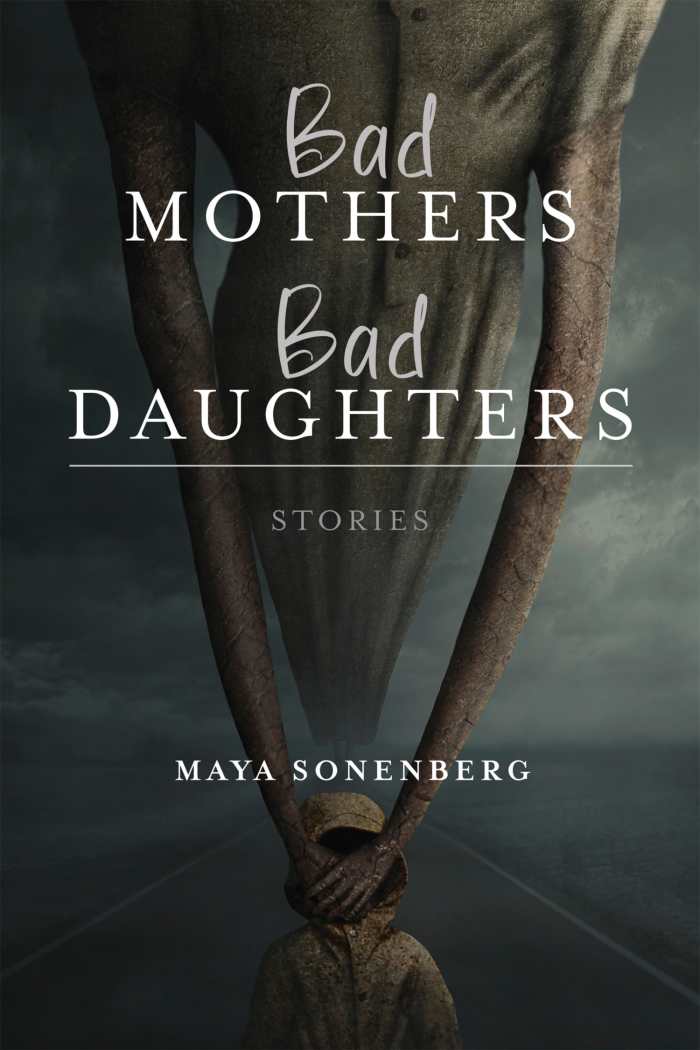Book of the Day Roundup: August 1-5, 2022
Sleeping While Standing

Taki Soma
Avery Hill Publishing
Softcover $16.95 (100pp)
978-1-910395-68-4
Buy: Local Bookstore (Bookshop), Amazon
Taki Soma’s graphic memoir Sleeping While Standing strings together short, powerful episodes to forge a cohesive, affecting whole.
Soma recounts some challenging personal experiences in brief; they serve as snapshots of her life thus far. She recalls her mother’s decision to move to Minnesota, though it’s not at first clear where they’re moving from; she shares the story of a cat gone missing with only a hint as to where he was hidden. A section on Soma’s career in comics includes a traumatic sexual assault with an abrupt coda: fifteen years later, “The assaulter is finally recognized and he left!!”
Both revealing and guarded, these peeks into a difficult childhood, drug use, a stepfather’s suicide, and a diagnosis of multiple sclerosis are swift. Soma admits to adultery in one panel and then mentions it no further. In illustrating these moments, the artwork proves excellent, incorporating interesting storytelling techniques—like blurring the appearance of a drug user to give a sense of Soma’s mental state, and depicting a mother in shadow to emphasize her emotional distance.
Breezy and serious by turns, the graphic memoir Sleeping While Standing is an intriguing and compact encapsulation of Taki Soma’s formative moments.
PETER DABBENE (June 27, 2022)
Mr. Coats

Sieb Postuma
David Colmer, translator
Levine Querido
Hardcover (32pp)
978-1-64614-184-5
Buy: Local Bookstore (Bookshop), Amazon
A man who is always cold shivers even in his three-stove house; no visitors can stand the heat. Finally fed up, he heads to the shops, piling on coat after coat and earning himself the name Mr. Coats. Now too big to fit in his house, he resigns himself to building a new home within his protective layers—until a surprise introduction thaws his heart. Bright, patterned watercolor illustrations enhance this sweet story about peeling back the layers to discover the warmth of human connection.
DANIELLE BALLANTYNE (June 27, 2022)
When I Was Red Clay
A Journey of Identity, Healing, and Wonder

Jonathan T. Bailey
Torrey House Press
Softcover $16.95 (176pp)
978-1-948814-63-8
Buy: Local Bookstore (Bookshop), Amazon
Jonathan T. Bailey’s evocative, candid memoir When I Was Red Clay explores spirituality, heritage, and the lives and landscapes we choose to inhabit.
Bailey grew up in a large Mormon family in rural Utah. His parents’ marriage was troubled by his mother’s eating disorder and hoarding tendencies; his father was a member of the Mormon priesthood, given the “power and authority of God” by the church. Perceived as “queer” and unusual, Bailey was bullied in school. When he realized that he was gay, he tried to repress his sexuality.
Bailey notes that, at their founding, Mormons in America experienced persecution due to their polygamous practices. Over a century later, the Mormon community Bailey was raised in exhibited its own intolerance, rejecting diversity and difference. In the 1970s, Brigham Young University even conducted shock aversion experiments to “convert” LGBTQ+ people. The program’s low success rate and incidents of suicide led to its termination, yet the Mormon Church continued to condemn homosexuality.
Overwhelmed and depressed, Bailey prayed for God to take his life. When I Was Red Clay conveys his anguished struggles, showing how this conflict led to his eventual break with Mormonism. At the center of his reemergence was a lifelong bond with nature: owls, lizards, and cottonwood trees are addressed with passionate eloquence. After moving to Tucson, Bailey found a primal connection to the region’s unique beauty, wildlife, and “Sonoran Blue” hues. Still, though Arizona provided a greater freedom of being than Utah, the book notes homophobic threats and physical attacks in the region.
Offering hope to disenfranchised LGBTQ+ youth through its testament of self-acceptance and recovery, When I Was Red Clay also stresses the need to find new and “open-armed communities” when old worlds are no longer sustainable.
MEG NOLA (June 27, 2022)
A History of Delusions
The Glass King, a Substitute Husband and a Walking Corpse

Victoria Shepherd
Oneworld Publications
Hardcover $27.00 (352pp)
978-0-86154-091-4
Buy: Amazon
Victoria Shepherd recounts some of European history’s most memorable psychological cases in A History of Delusions.
Everyone feels sad, confused, or victimized from time to time, Shepherd suggests. But for an unlucky few, those feelings become all-encompassing, and they manifest as bizarre, terrifying delusions. In these historical case studies: some people thought they were made of glass and would shatter if touched; others believed they were the victims of vast conspiracies to kill them or rob them of a rightful inheritance. While the nature and root causes of these delusions differ, all beg the same questions about what each person is trying to say—and about what they need to feel safe.
Shepherd compares and contrasts some of the best-known examples of delusions from across European history. In the course of her exploration, she adds historical context to each subject’s story, speculating about how wartime traumas, technological advances, and religious persecution could have influenced the nature of their delusions. Sometimes, however, there is no outward calamity to blame: sometimes, the human mind is its own worst enemy.
The book starts in the recent past and moves backward through the centuries. Each chapter opens with a compelling portrait of someone whose life was consumed, even destroyed, by a false idea. While acknowledging limitations set by time, and the conflicting agendas of the people relating the subjects’ stories, Shepherd makes poignant arguments about what our beliefs say about us. Even now, scientists are just beginning to understand the causes of delusions. By looking back on historical examples of the phenomenon, Shepherd shows both the mistakes and triumphs of the past, which should inform more compassionate, dignified treatment of the mentally ill in the future.
From fourteenth-century England to twentieth-century France, A History of Delusions examines the thin, blurry line between sanity and insanity.
EILEEN GONZALEZ (June 27, 2022)
Bad Mothers, Bad Daughters

Maya Sonenberg
University of Notre Dame Press
Softcover $20.00 (150pp)
978-0-268-20302-3
Buy: Local Bookstore (Bookshop), Amazon
Several of the stories in Maya Sonenberg’s collection Bad Mothers, Bad Daughters are fairy tales. Although populated with kings and princesses and dragons and giants, these fairy tales also contain a dash of the modern. There’s a sorceress who dreams of Nordstrom’s, a Cinderella-like girl who makes gluten-free cakes, a girl who steals a giant’s magic boots and likes Chinese takeout. But even the more realistic stories in the collection retain this sense of the fantastical. Both unique and archetypal, the women embody all-too-human travails: they are mothers and they are daughters; they are not really bad, just human.
Sonenberg subverts the expected rhythm of short stories. Instead of focusing on plot, she focuses on meaning, with infallibly chosen details that reach past the brain and into the soul. The stories are like frames chosen from a movie to evoke radically distilled emotions, rich with symbolism. Still, they remain grounded in place and time. They highlight three girls’ coming-of-age summer in a Maine cottage; a mother’s guilt over loving one child more than the others; and a doomed amusement park in Seattle.
Many paragraphs could be extracted as prose poems. Sonenberg’s writing is lyrical, observing features like “the wading pool, that great cat eye, that circle half reflecting the blue summer sky and half-lidded with tree shadow.” The natural world is as much a character as the humans who populate it. The stories address the impact of climate change and delineate human losses with heartbreaking beauty. Describing sea dragons, Sonenberg writes: “They came and dried, a skeleton of lace, a napkin of knits, a wedding veil of skin and now stone.”
The short stories of Bad Mothers, Bad Daughters are written with such beauty and empathy that each conjures a heartfelt sigh.
KAREN MULVAHILL (June 27, 2022)
Barbara Hodge
